
In Portugal, there are certain topics one avoids: the rain, taxes, politics… and above all, saying you don’t like bacalhau! Yes, it’s almost sacrilegious, because here, cod isn’t just a fish : it’s an institution, a national symbol, a true culinary religion. And everyone knows it (it’s part of the cliché): the Portuguese are famous for loving to cook and eat bacalhau…
And if you think a salted, dried fish can’t make an entire nation’s heart beat faster, it’s because you’ve never shared a Portuguese table on a festive evening, where bacalhau reigns supreme, majestic at the center of the meal !
Bacalhau, the “fish that comes from the cold” and warms the heart
Let’s start with an obvious truth : bacalhau isn’t Portuguese. Yes, you read that right (and you might be a little disappointed!) Cod comes from the cold waters of northern Europe, Norway, Iceland, and sometimes Canada. But it’s in Portugal that it found its kingdom!
The story goes back several centuries, when Portuguese sailors, eternal explorers, needed a way to preserve fish during their long voyages. Salting and drying became the miracle solution. Since then, this foreign fish has become more Portuguese than ever.
Today, there’s a well-known saying here: “Há mais de mil receitas de bacalhau.” (“There are more than a thousand recipes for cod.”) And the funny thing is, it’s almost true ! Every family, every region, every grandmother has their own way of preparing it, their secret cooking trick, their little magical touch.
The ritual of desalting (or the art of patience)
Before talking about cooking, we have to talk about preparation. Because cooking bacalhau is a matter of respect. It arrives in its iconic form: a big, dried plank of fish, stiff as an ironing board and covered in salt. You have to “bring it back to life,” slowly. Traditionally, it’s soaked in water for 24 to 48 hours, changing the water regularly. Not glamorous, but essential. Too salty, and it’s inedible. Not enough, and it lacks soul. So don’t be surprised if you spot some bacalhau (and yes, the smell that comes with it!) soaking in the kitchen sink or a plastic basin at your favorite Portuguese friend’s house !
When it’s finally ready, it becomes soft, tender, and ready to shine. And that’s when the Portuguese culinary genius kicks in : fried, roasted, shredded, in salads, gratins, fritters, soups… there’s literally no limit !
Legendary (and slightly irresistible) recipes
It’s impossible to list them all, but some recipes are simply unmissable! And if you haven’t tried them yet, it’s time to book a table at a Portuguese restaurant.
Bacalhau à Brás : Lisbon’s darling dish. A mix of scrambled eggs, onions, shoestring potatoes (“batatas palha”), and shredded cod. Creamy, comforting, and totally addictive. Legend has it it was invented by a man named “Brás,” a tavern owner from Lisbon’s Bairro Alto, the kind of man Portugal probably owes a statue to.
Bacalhau com natas : the softest version, perfect for Sunday family meals. Cod, potatoes, onions, all covered in a creamy sauce and baked until golden. Smooth, generous, and utterly decadent. (Yes, it’s a calorie bomb, but honestly, who’s counting when it’s this good? Worst case, take the stairs after.)
Bacalhau à Gomes de Sá : a northern classic, born in Porto! Cod pieces baked with potatoes, onions, olive oil, black olives, and boiled eggs. Simple, aromatic, and typically Portuguese.
Pataniscas de bacalhau : crispy, golden cod fritters, perfect as an appetizer. Served with bean rice (“arroz de feijão”), it’s the kind of hearty tavern dish everyone loves.
And of course, we can’t forget Bacalhau da Consoada, the Christmas Eve dish. On that night, in almost every Portuguese household, the table is set around boiled cod, served with potatoes, cabbage, and a drizzle of olive oil. Modest, yet full of meaning. A timeless tradition!
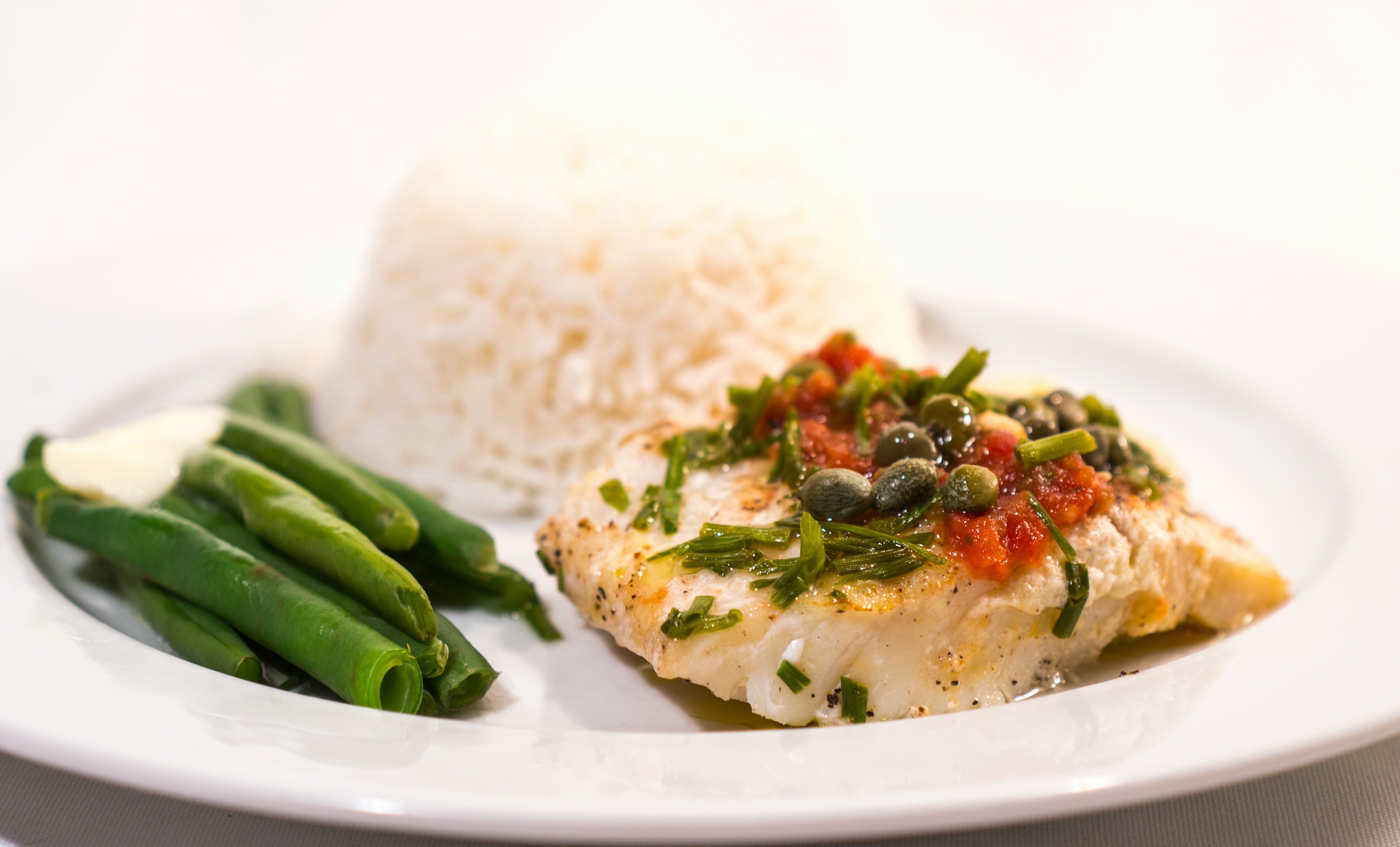
© david-b-townsend
The king of every table
What’s fascinating is how bacalhau crosses every layer of society. From humble taverns to fine dining restaurants, from family lunches to chic weddings, it’s everywhere. It’s a dish that brings people together, a shared language… a bit like cheese in France or pasta in Italy. Ask a Portuguese person their favorite dish : nine times out of ten, it’ll be something with cod (okay, it’s a cliché, but still mostly true). And if you dare to ask, “Don’t you ever get tired of it ?”, be prepared for a glare. Because no, bacalhau is never the same! It changes shape, taste, texture ; it adapts to the season, the occasion, even the mood.
And let’s be honest: few countries have managed to turn a simple salted fish into such a national emblem.
A treasure of simplicity
The secret of bacalhau is that it doesn’t cheat. It doesn’t hide behind complex sauces or extravagant techniques. No. It’s a dish of humble origins, refined simplicity. Its loyal companion? Olive oil. The real kind, green, fragrant, straight from the mill. Add garlic, onion, maybe some parsley or a bay leaf, and magic happens. That’s the Portuguese way : elevating the ordinary without changing its soul.
And then, there’s that timeless gesture: pouring a final drizzle of olive oil over the dish, just before serving, like a blessing. Bacalhau without olive oil is like fado without saudade: unthinkable ! (You’ll thank me later.)
Bacalhau in popular culture
Bacalhau isn’t just eaten, it’s told, sung, remembered. It’s in songs, sayings, proverbs.
People say : “Quem não tem bacalhau, come sardinha.” (“When you don’t have cod, you eat sardines.”) In other words : you make do with what you have (though let’s be honest, if you can have bacalhau, it’s better !)
It’s also the discreet hero of markets, hanging in nets in grocery stores, perfuming the air with a scent unmistakable to anyone who’s grown up here. Some foreigners grimace (yes, the smell is… strong), but for the Portuguese, it’s the scent of childhood.
A few tips before you start
- Choose your cod wisely. Go for the Norwegian kind, thicker and firmer.
- Desalt it patiently. Changing the water several times is the key.
- Never skimp on olive oil. It’s to bacalhau what the sun is to Lisbon: essential (though careful if you’ve got cholesterol).
- Don’t chase perfection. Bacalhau is a dish from the heart, not a competition.
And above all, share it! Because in Portugal, cod is never eaten alone, it’s a dish of family, reunion, laughter, and red wine that flows just a bit too freely.
King of fish ?
So, is bacalhau just a fish? No. It’s a king. A humble one, sure (no crown, no throne) but loved by all. It reigns on tables, inspires chefs, unites generations. It embodies what’s most genuine about Portugal : generosity, creativity, simplicity.
To taste bacalhau is to taste the country itself. To understand, in a single bite, why the Portuguese speak of food as an emotion. And trust me, once you’ve tried a real Bacalhau à Brás or a bubbling, golden Bacalhau com natas straight from the oven… you’ll understand too that here, the king of the sea has truly conquered hearts !
Share this article
Suggested articles

Convent Sweets: Delicacies Born in the Monasteries
Portugal wouldn’t be the same without its convent sweets. These golden pastries, rich in egg yolks and scented with cinnamon, tell the story of a country where faith met indulgence. Born in the silence of monasteries between the 15th and 18th centuries, they were once made by monks and nuns, often to support the convent or thank benefactors. Today, they are an essential part of Portuguese culinary heritage.
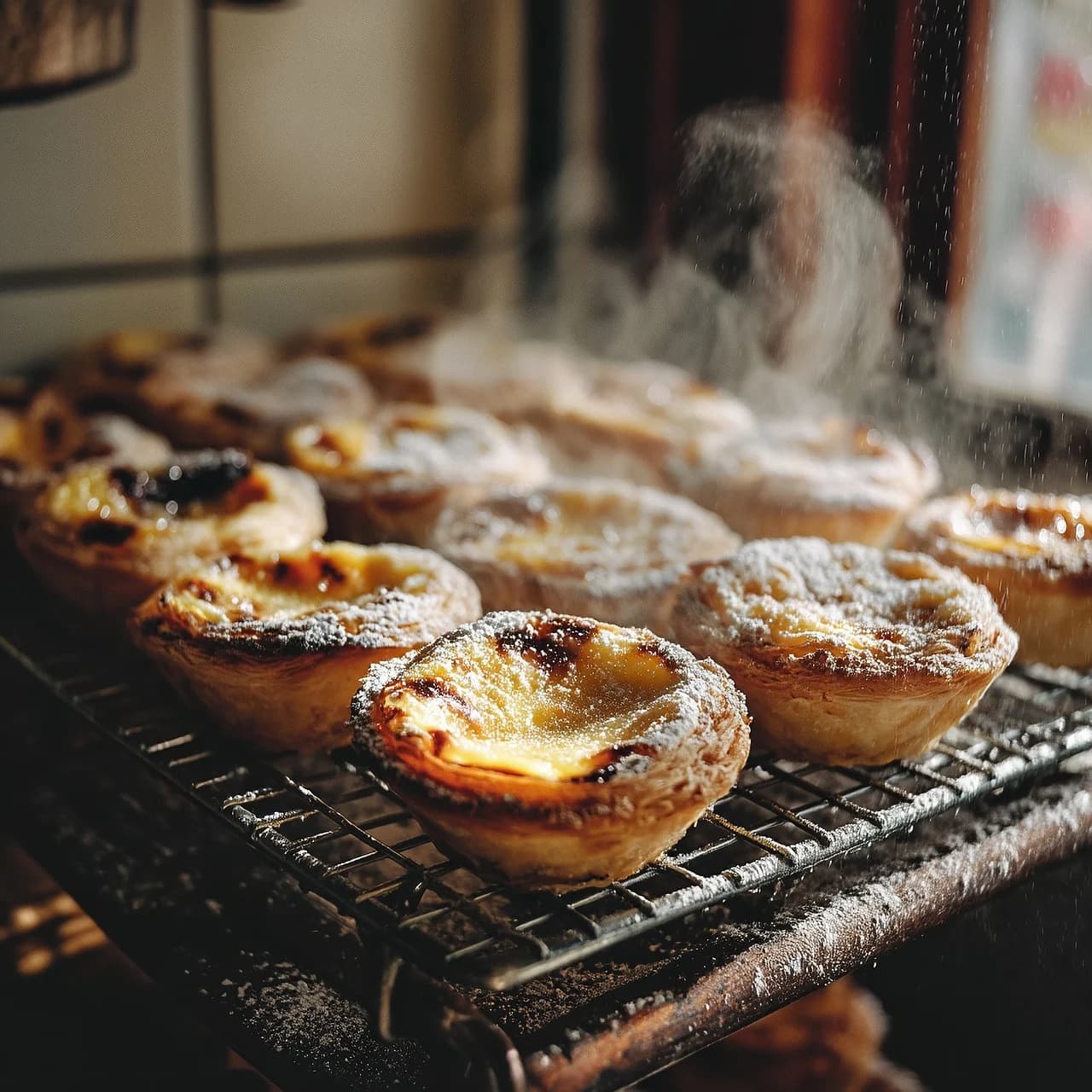
Pastéis de Nata: History and Secrets of the Recipe
It’s hard to imagine a stay in Portugal without tasting a warm pastel de nata, with its crisp flaky crust and delicately caramelized custard. These small tarts, known as pastéis de Belém when they come from the famous Lisbon pastry shop, have become one of the country’s greatest gastronomic symbols. Their popularity has long surpassed Portugal’s borders: today, you can find them in Paris, London, New York, or Tokyo — but their true authenticity lies in the Lisbon tradition, passed down for more than two centuries.
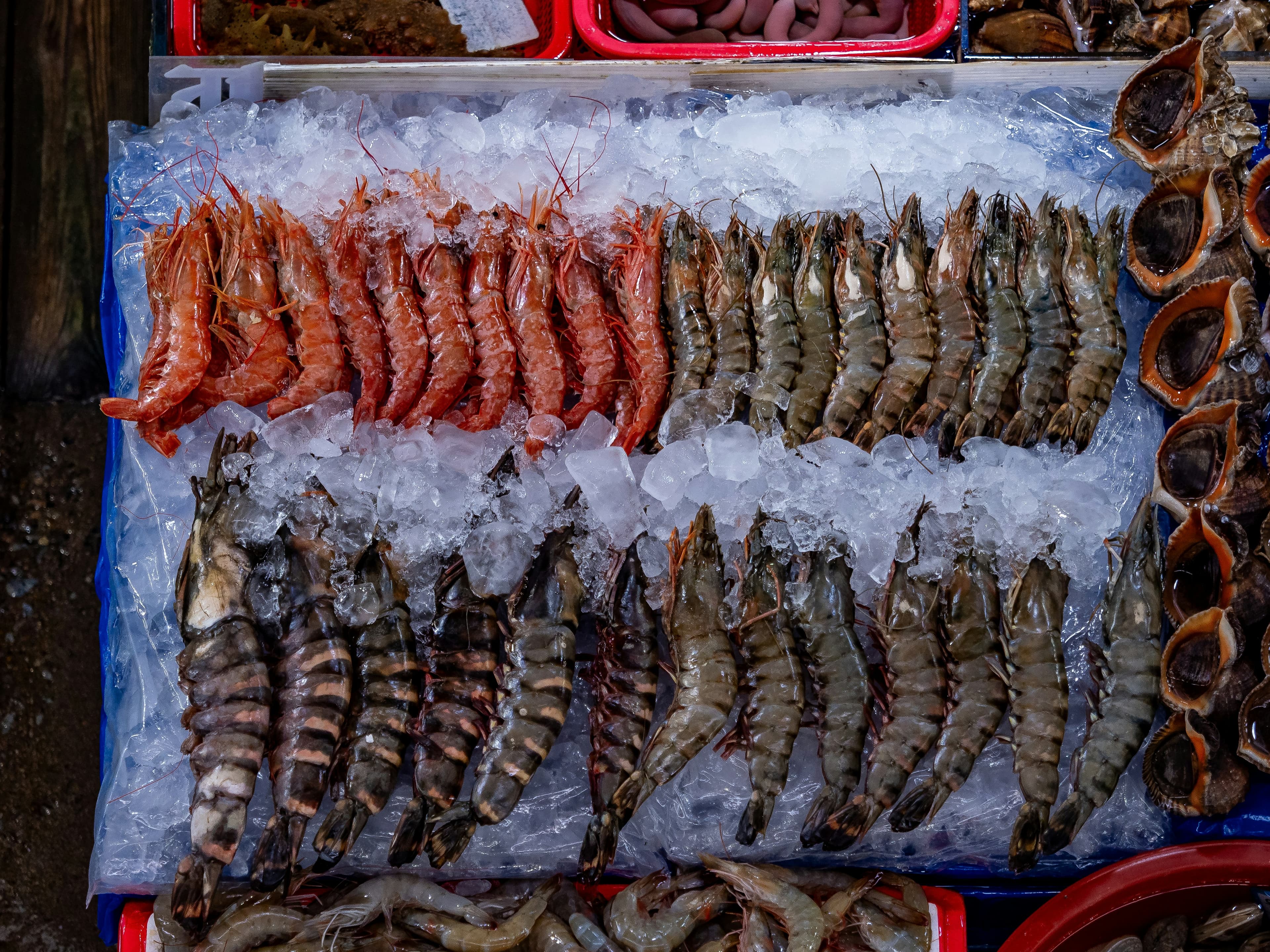
Seafood in the Algarve, an Oceanic Feast
The Algarve, this southern region of Portugal bathed by the Atlantic, is not only famous for its golden beaches and cliffs sculpted by the sea… It is also a true paradise for seafood lovers ! Prawns, octopus, clams, crabs, fresh sardines, and of course the famous cataplana, every bite tells a story of the sea, local traditions, and culinary expertise.
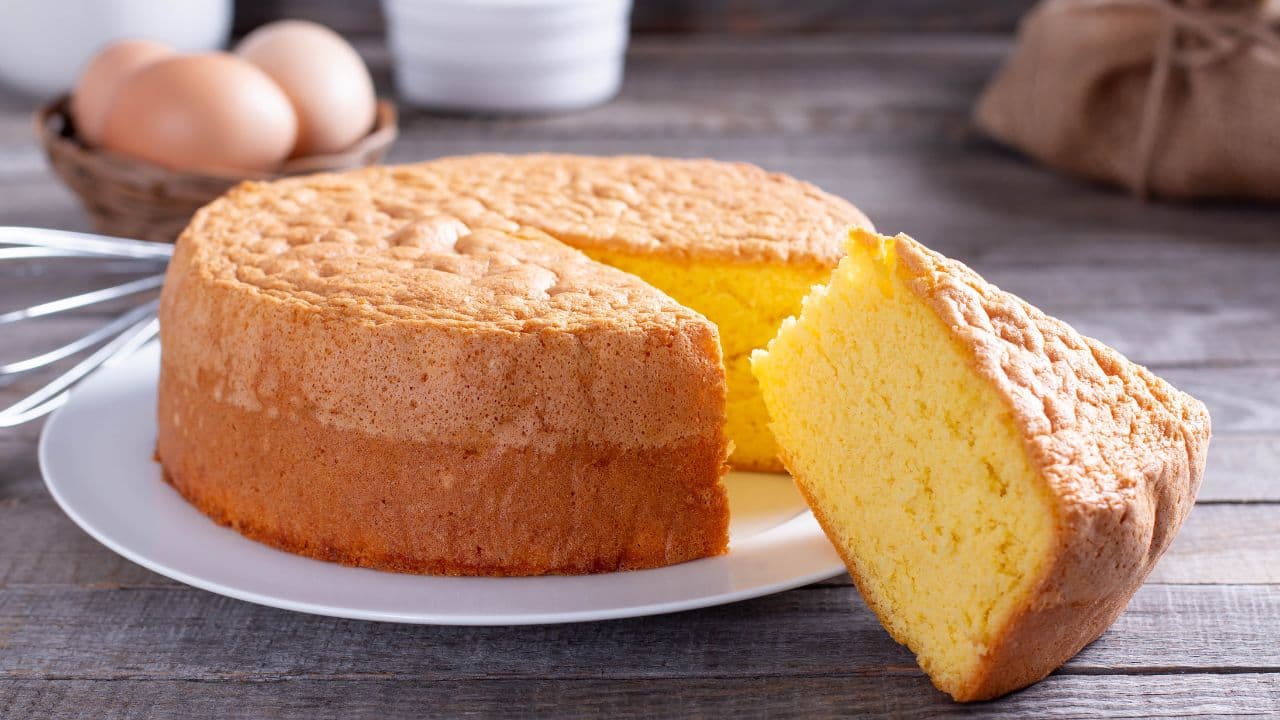
Pão de Ló
In every Portuguese family, there’s a cake that comes out of the oven like a little sun: the pão de ló. Golden, airy, soft, it always announces something joyful. It’s the cake of dressed-up Sundays, overfilled tables, and aunts who hug you too tightly while saying how much you’ve grown.
.jpg&w=3840&q=75)
Pastéis de Bacalhau
There are dishes that smell like holidays and grandma’s kitchen. Pastéis de bacalhau are exactly that. These little golden cod croquettes, crispy on the outside and soft on the inside, are at once an appetiser, a madeleine of Proust, and proof that Portugal has completely mastered the art of frying.
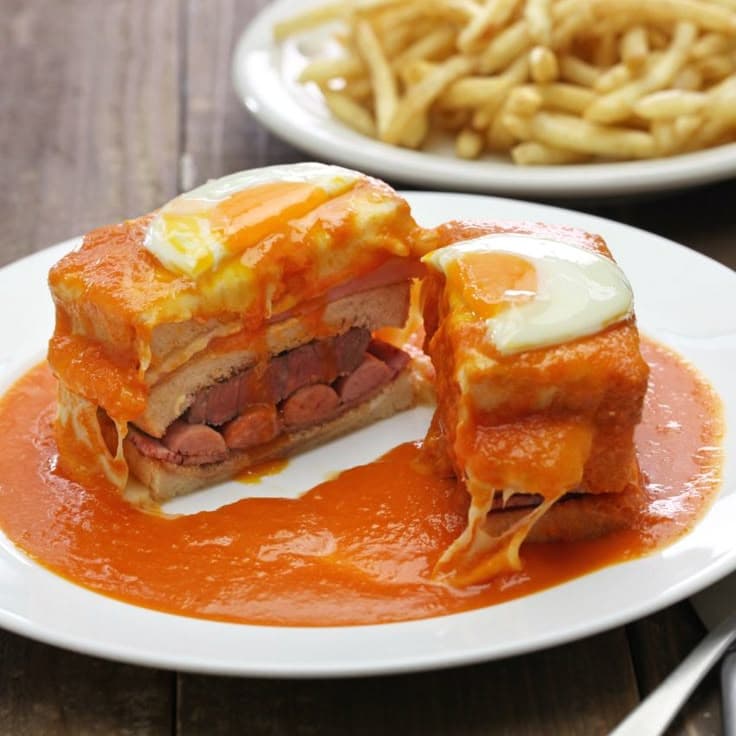
The Best Francesinhas in Porto : The Complete Guide to Savouring the Portuguese Specialt
Porto, the second largest city in Portugal, is not only famous for its namesake wine and the picturesque landscapes along the Douro… the city is also a true culinary paradise, where tradition meets innovation!


